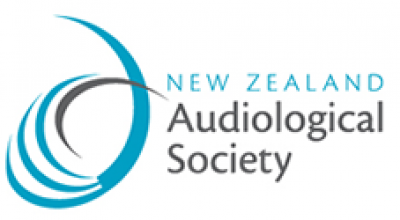


Hearing Tests: What are they?
We can’t easily “see” what is happening with our hearing, so we need to have it tested regularly.
Hearing tests can range from simple screening tests which just let you know whether you have a hearing loss or not - to full diagnostic tests that accurately assess how much you are hearing.
A screening test can be a very helpful starting point if you’re not sure whether you have a hearing problem. However, a full diagnostic test is recommended to fully understand what is going on with your hearing, and so that you can get advice about how to get help.
Screening tests
These are simple tests that can be performed by a variety of practitioners from audiologists to industrial health nurses, hearing therapists, GPs and others. These screening tests will tell you whether you have a hearing loss or not but can’t usually identify any complex issues with your hearing. These tests also can’t tell you what you should do to get help with your hearing.
The tests:
- Will be brief, usually no more than 10 minutes
- May be performed in an environment that isn’t certified or sound-treated (eg a GP’s office)
The practitioner should tell you what you need to do next after you’ve had the screening test. If they find a hearing loss, they will recommend you have a full diagnostic hearing test with an audiologist or audiometrist.
If you have concerns about your hearing, you should still have a full diagnostic hearing test, even if the simple screening test suggests nothing is wrong.
Full diagnostic hearing tests
These are thorough tests conducted by an audiologist or audiometrist using sophisticated equipment in a special quiet room. As well as assessing how well you are hearing, they will look for other medical issues that might need treatment. The audiologist or audiometrist will use the results to let you know what options you have if you need to do something about your hearing.
The tests :
- Will be done in a certified sound-treated environment – a whole room or a booth
- Can take up to an hour
- Usually involve at least five different tests that check how different parts of your hearing are working:
- Air conduction
- Bone conduction
- Speech testing
- Tympanometry (middle ear function)
- Acoustic reflex testing
The audiologist or audiometrist will be able to use the results to identify if you have a hearing loss, and the nature of your hearing loss, including whether it is permanent or potentially treatable. They’ll also be able to use the results to tell you about treatment options, this could include a discussion on hearing devices which are set up using the hearing test results, or referring you to a doctor or Ear Nose and Throat specialist for consideration of surgery or medication.

